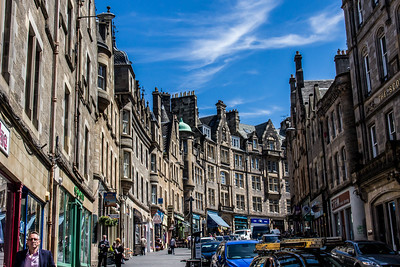
House prices in Scotland rose 3.1 per cent in the month to December, tipping the average price for a home in the country to over £200,000 for the first time.
The average price of a Scottish property hit £202,170 in December, topping a year that saw prices rise 8.5 per cent in 2020, according to the House Price Index figures from Walker Fraser Steele, part of e.surv surveyors.
Last year’s annual house price growth is the strongest since March 2015, according to the data, which was previously known as the Your Move Acadata House Price Index.
The market has partly been spurred by Scottish finance secretary Kate Forbes who lifted the starting point of the land and buildings transaction tax from £145,000 to £250,000 last July.
Forbes said eight out of 10 house sales in Scotland would be exempt from the tax, which is due to return to pre-pandemic levels on 1 April.
The move in Scotland followed chancellor Rishi Sunak suspending stamp duty for English homebuyers to stimulate a collapsed market.
Acadata senior housing analyst John Tindale says: “Monthly transactions have more than doubled since the introduction of the LBTT holiday in July, although part of this increase is to do with seasonal factors.”
Walker Fraser Steele business development manager Alan Penman adds: “The Scottish housing market passed a notable milestone at the end of 2020, as the average property price rose above £200,000 for the first time ever. This new record follows a year of extraordinary growth in the Scottish market – the average price increased by over 8 per cent during the last year and 11 per cent over the last two years.
“The increase in the threshold for the LBTT played a key role in stimulating the market over 2020.”
Penman says: “It’s also worth noting that the economic effects of Coronavirus have not been felt equally and while many Scottish households have struggled financially, some have been able to use the pandemic to bolster their savings. Working from home while cutting out the costs of commuting and socialising has provided an unexpected opportunity for some to save towards a deposit for a property.
“These buyers have also benefited from very low interest rates, which have encouraged many to enter the property market, while also disincentivising saving. The result of this cumulative stimulus has been a record-breaking year for the Scottish property market.”



